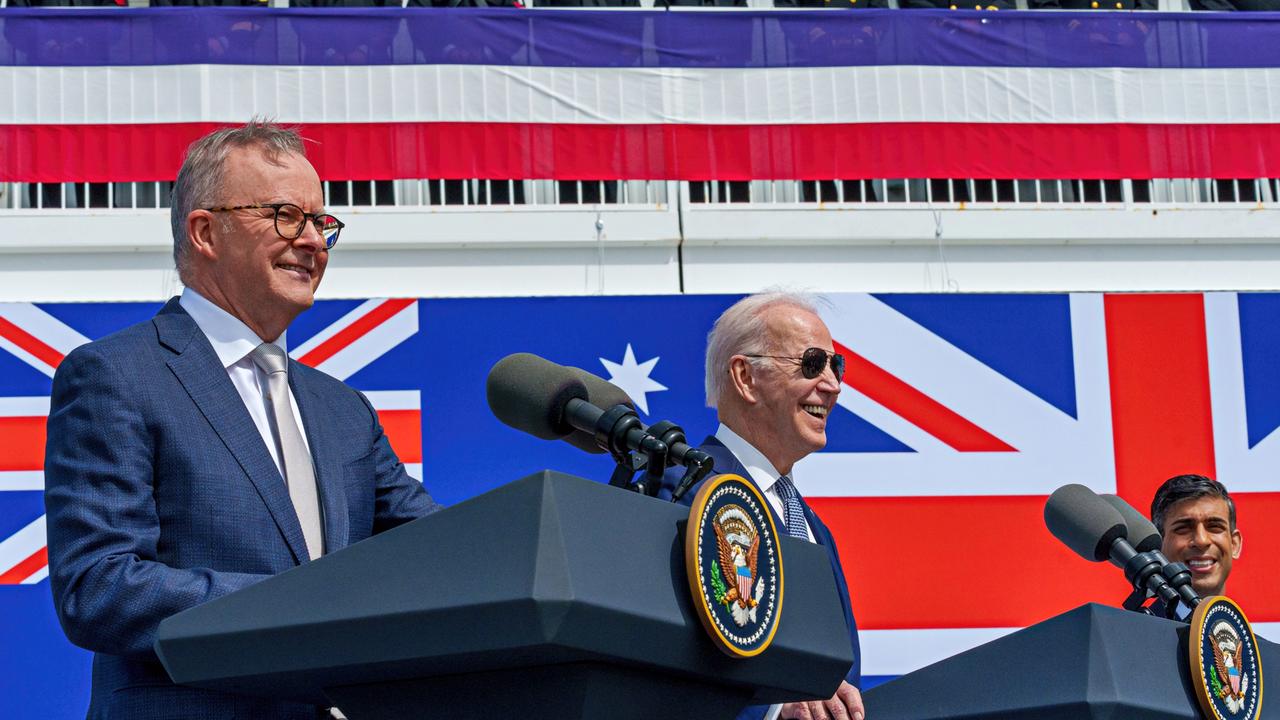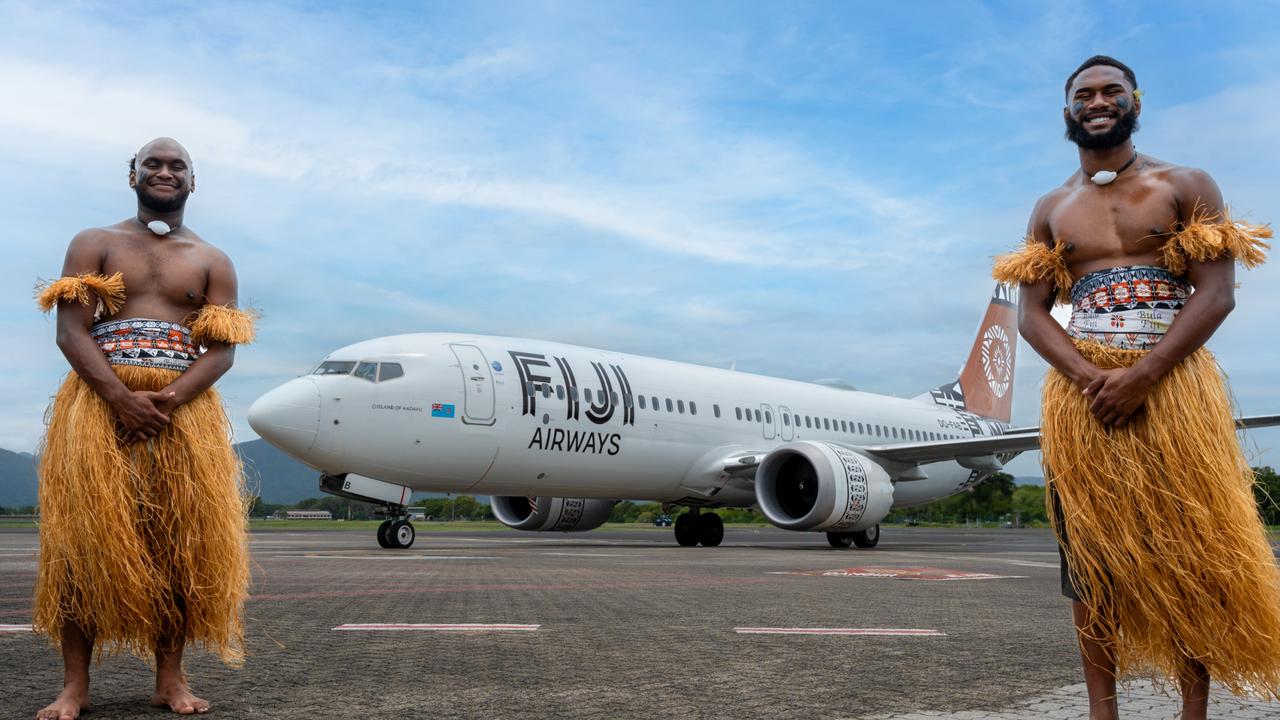Ombudsman-led inquiry into the Torres and Cape Hospital and Health Service would not satisfy community concerns
The Torres Strait Regional Authority Chairman says the recently announced investigation must look at “institutional racism” in the health care system including the number of preventable deaths every week.

News
Don't miss out on the headlines from News. Followed categories will be added to My News.
A Queensland Health Ombudsman-led inquiry into the under-fire Torres and Cape Hospital and Health Service would not satisfy community concerns, according to Torres Strait Regional Authority Chairman Napau Pedro Stephen.
Mr Stephen, reacting to news of an independent inquiry into the health service – of which the scope and terms of reference are yet to be set – called for it to be wholly independent of the state government.
One of Mr Stephen’s requests, that Torres leaders should be involved in developing the terms of reference for the investigation, appeared to be granted with Health Minister Shannon Fentiman on Monday saying she would be meeting with leaders and the wider community during this week’s visit to the region to determine the best way forward.
“I spoke to (the minister’s) office, and they were telling me that from her perspective it will be independent because they are using the Health Ombudsman,” Mr Stephen said.
“That’s not independent.
“We need an independent investigation into everything, not only the death of the baby in Bamaga.”
Ms Fentiman’s announcement comes amid a period of turmoil for the TCHHS, after Mr Stephen, Torres Shire Council mayor Yen Loban and Torres Strait Island Regional Council mayor Philemon Mosby signed a letter imploring the premier to address “a high prevalence of avoidable deaths” due to what they describe as Queensland Health neglect.
The Cairns Post can also reveal they called for the resignation of TCHHS CEO Beverley Hamerton, which she did a week after their partly-redacted letter was tabled in parliament on June 16 by Opposition Leader David Crisafulli.
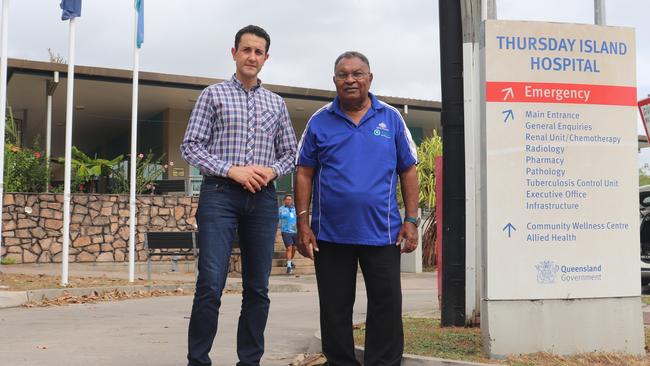
The board said Ms Hamerton was resigning for personal reasons, effective from June 23.
At the time, TCHHS chair Ella Kris said Ms Hamerton had “a long and distinguished career serving our Torres Strait, Northern Peninsula Area, and Cape York communities”.
“I will miss her strong leadership, and her commitment and dedication to our communities, our staff, our health service and to our board.”
The leaders claimed there were at least three preventable deaths per week on average across the health service’s region.
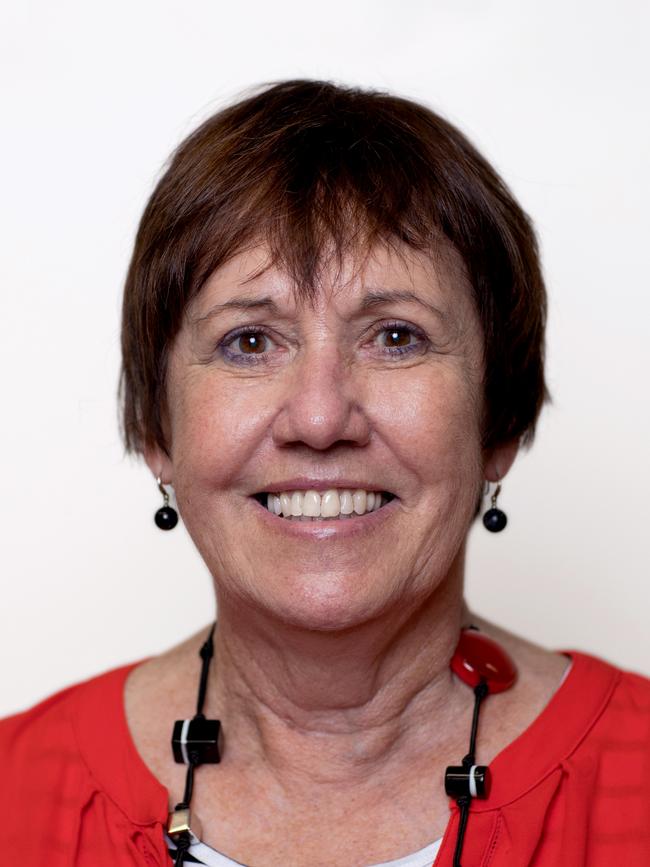
Northern Peninsula Area Regional Council Mayor Patricia Yusia has also called for an urgent intervention following the sudden death of a two-year-old girl at Bamaga on June 15.
The community’s concerns prompted Mr Crisafulli to travel to the Torres Strait three weeks ago to meet with a coalition of Torres Strait First Nations leaders.
The meeting called for a visit from the Premier and Health Minister to immediately action an investigation.
Health Minister Shannon Fentiman is set to attend the Torres Strait on July 12 along with the Health Ombudsman.
Mr Stephen said that an independent investigation without the involvement of the Health Ombudsman would be the only way to properly answer the questions the community longs for, such as the reason behind the death of a two-year-old at Bamaga hospital.
“At the moment, families are too scared to leave the Torres Strait to seek help from Cairns, they are thinking they’ll be sent back in a coffin,” Mr Stephen said.
“We need to erase that way of thinking.
“People are falling like flies, and we want answers into the amount of deaths that were probably preventable in our hospital system.”
Mr Stephen hoped that through an independent investigation, the flaws in the system would be found.
“We don’t need a review from the government because we don’t need the government to look at themselves, we need it to be independent,” he said.
“We can’t just sit and wait for another incident to happen.”
Mr Stephen also highlighted that only three of the 17 health directors were Indigenous.
“There’s also a language barrier for our people to access these services,” Mr Stephen said.
“We have 40 FIFO workers coming in to work at the hospital but we need Indigenous people who can listen to the problems of our people.
“Years ago, the excuse for that was always ‘we don’t have enough Indigenous doctors’, but I know for a fact now we do.”
Apart from the access to a working health facility, Mr Stephen also outlined the unfavourable conditions for the health workers.
“This investigation also needs to look at the institutional racism happening in the health care system,” Mr Stephen said.
“It’s a toxic environment to be a part of.”
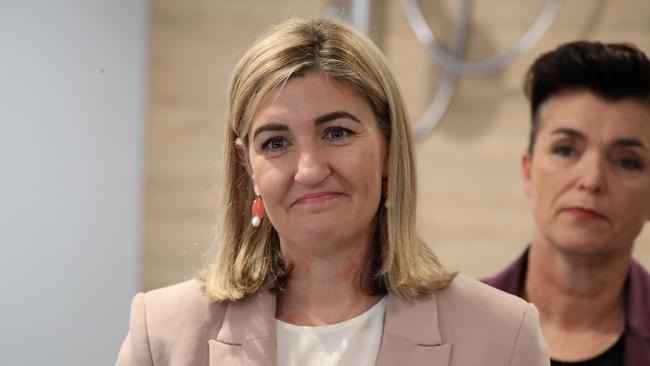
Ms Kris in response said the Torres and Cape Hospital Health Service was “absolutely committed” to delivering culturally responsive and inclusive healthcare services to all communities.
“Our dedicated health service staff work hard to deliver the highest quality care possible right across our diverse region and we are proud of their achievements in doing this on each and every single day,” Ms Kris said.
“We will willingly participate in any reviews of our clinical processes and procedures and are confident in the quality of the health care we deliver.
“It should be noted we have the highest ratio of First Nations employment of any health service in the state.”
Health Minister Ms Fentiman on Monday acknowledged that the leaders have called for more Indigenous representation.
Ms Kris also stated that as at May 31 2023, about 21 per cent of our health service’s workforce identified as being of Aboriginal and/ or Torres Strait Islander descent – the highest of any health service in the state.
“This is an increase of about 5.1 per cent over the past 5 years and we continue to work on expanding this as much as possible,” Ms Kris said.
“To this end, the Torres and Cape HHS has a comprehensive Aboriginal and Torres Strait Islander Workforce Strategy in place – both to increase the number of Indigenous people working in our health service and to improve the skills and career opportunities for those already working for us.
“We are also mindful of the need for all our staff to be culturally aware when delivering services to our diverse communities.”
She said the health service recently released its Health Equity Strategy Implementation Plan which includes actions for continuous improvement to address the institutional barriers to health equity.
“The Implementation Plan also includes actions such as increasing Aboriginal and Torres Strait Islander representation in all areas including a focus on leadership roles and strengthening partnerships with other service providers,” Ms Kris said.
“With everyone’s support, we will continue to work hard towards improving our cultural responsiveness, awareness, and inclusiveness in every way possible, as well as working towards continuously improving health outcomes for all our First Nations and non-First Nations residents.”
More Coverage
Originally published as Ombudsman-led inquiry into the Torres and Cape Hospital and Health Service would not satisfy community concerns



